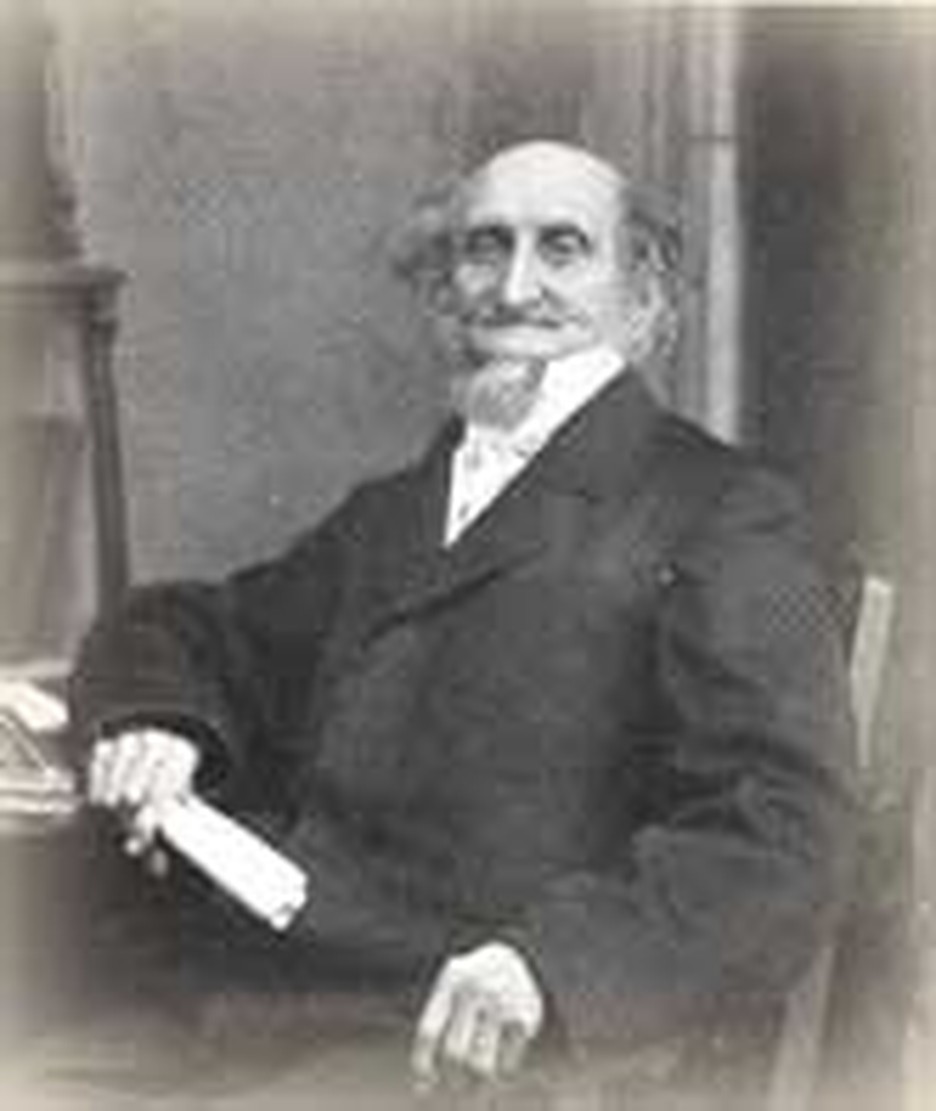
During his college years at Leipzig, Germany, Carl Ferdinand Wilhelm Walther faced two crucial events. The first was a spiritual crisis in which, with the help of Martin Stephan, he came to an assurance that God had justified him by his grace.
Shortly afterward, Walther nearly died from a lung disease. He had to interrupt his studies for six months while he recuperated. Those months were not wasted, though. While laid up, he read Martin Luther's works. He became absolutely convinced that Lutheran theology was correct and that the historical Lutheran statements of faith such as the Augsburg Confession and the Book of Concord needed to be fully accepted. This decision led to another crisis.
When he graduated, he tutored for a time, then was ordained and took a pastorate in the Kingdom of Saxony. However, German church leadership was embracing rationalistic views (explaining away the Scriptures and key doctrines) which rubbed against Walther's insistence that there must be complete commitment to the traditional Lutheran faith.
Walther joined 750 like-minded Lutherans and emigrated to America. Led by Martin Stephan, these Germans settled near St. Louis, Missouri. Stephan proved to be both undemocratic and a skirt-chaser. The Lutherans excommunicated him and asked Walther to take his place.
Walther accepted. He helped found the Lutheran Church's Missouri Synod, one of America's top twelve denominations. He preached many sermons, started the "log college" which grew into Concordia Seminary, and founded two church papers. Walther never deviated from his solid commitment to the written statements of the Lutherans. Again and again, he pointed his people back to the great confessions of his church. On them they must take their stand. He called one statement of faith "our dear Formula of Concord" --and meant it.
Under the heavy work load that he imposed on himself, Walther's health failed. He sailed back to Germany for a much-needed rest. He was at sea in Easter of 1860. On that voyage he wrote a hymn which was later translated into English by Anna M. Meyer. His own note says, "on the first Easter Day, April 8, 1860, on the Ocean."
He's risen, He's risen, Christ Jesus, the Lord.
He opened death's prison, the Incarnate Word...
...The Foe was triumphant when on Calvary
The Lord of creation was nailed to the tree...
....But short was their triumph, the Savior arose,
And death, hell, and Satan He vanquished, His foes;
Walther returned to America. Altogether, he preached at Trinity Lutheran Church in St. Louis for forty-six years and taught at Concordia much of that time, too. He also served as president of the Missouri Synod for many years. When he died in St. Louis in 1887, he was 76 years old.
Bibliography:
- "Carl Ferdinand Wilhelm Walther. First President of the Missouri Synod: 1847-1850 & 1864-1878." http://chi.lcms.org/presidents/pres_walther.htm
- "C.F.W. (Carl Ferdinand Wilhelm) Walther (1811-1887) Papers, c.1828-1887." http://chi.lcms.org/collections/fa/m-0004.htm
- Nafzger, Samuel. "The Lutheran Church--Missouri Synod A Brief History." http://www.lcms.org/NAFZGER.HTM
- Tappert, Theodore G., editor. Lutheran Confessional Theology in America. New York: Oxford, 1972.
- Zimmerman, Ruth. "He's Risen, He's Risen." http://www.geocities.com/~bselc/ messenger/0005/page1.html
- Various encyclopedia and internet articles.
Last updated June, 2007


